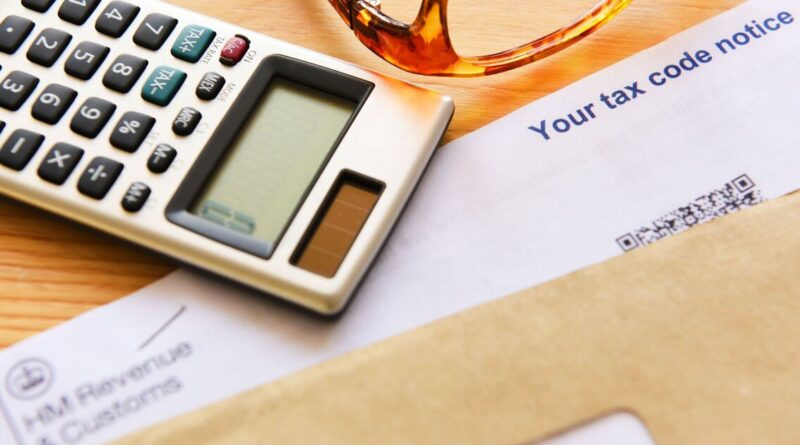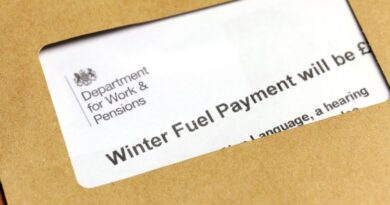Workers with this code on payslip set to lose £1,500 each | Personal Finance | Finance
An Income Tax allowance freeze planned by Rachel Reeves in this month’s Budget could cost workers with this code on payslips as much as £1,500 each.
Labour is planning a programme of tax hikes on October 30 in a bid to plug the now-£40bn ‘black hole’ in the nation’s finances and one area reported to be under consideration is the Personal Allowance Income Tax bands.
These are the brackets at which tax is owed on earnings. Currently, workers begin paying tax on their earnings for every £1 over £12,570. It means that the first £12,570 earned is free from tax, and then tax is paid on the rest of your income.
The next threshold up is the higher £50,275, and every £1 earned over that threshold is taxed at 40 percent.
Then the additional tax bracket taxes 45 percent of every £1 earned over £125,140.
These thresholds have been frozen since 2021. Then, the Personal Allowance was raised by just £250, and before that, the last significant increase cae in 2019 when the threshold moved from £11,850 to £12,500.
Labour is planning to keep the Personal Allowance threshold frozen until at least 2026 along with the other brackets.
It means that more workers will be dragged into paying tax or paying tax at a higher rate.
Wages grew by 4.1 percent this year, which means more and more employees will move up to a new tax band.
A person earning £50,000 a year now on a 1257L tax code who gets 2 percent annual pay increases will be earning £55,000 by 2029.
They will then be paying 40 percent tax on some of their earnings, and will also lose £500 from their Personal Savings Allowance.
In that scenario, the worker will lose £1,000 to tax against staying on the basic rate, and will also lose another £500 in savings interest they can earn, making the total loss £1,500.
This is coupled with reports that Labour is set to increase National Insurance for employers which many fear could also have a knock-on effect to workers as firms look to cut costs in response.
Liberal Democrat deputy leader and Treasury spokesperson Daisy Cooper said she would oppose the rumoured increase of national insurance contributions for employers, and an increase in fuel duty after being frozen for more than a decade.
She went on to say: “The rumour as it stands is that the Government intends to raise the national insurance contributions on all companies, irrespective of whether they’re small or large… I think we probably end up having to vote no against that.”




